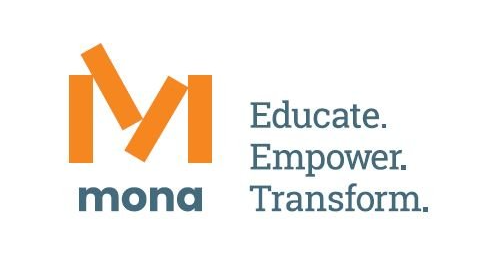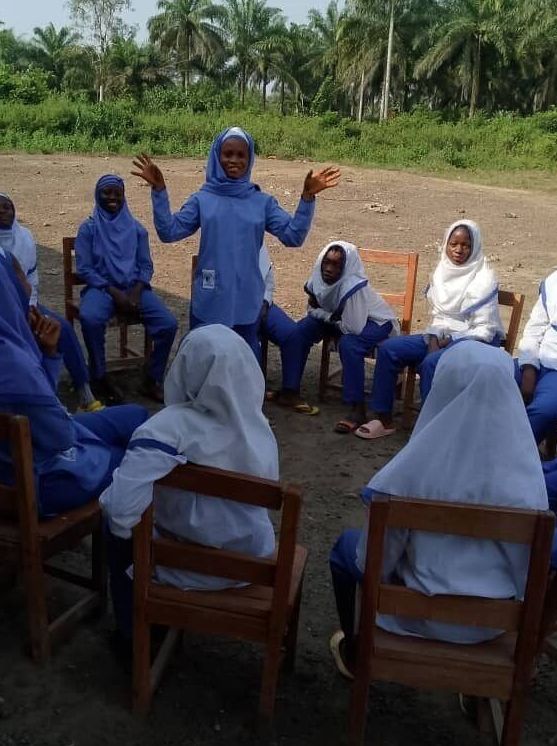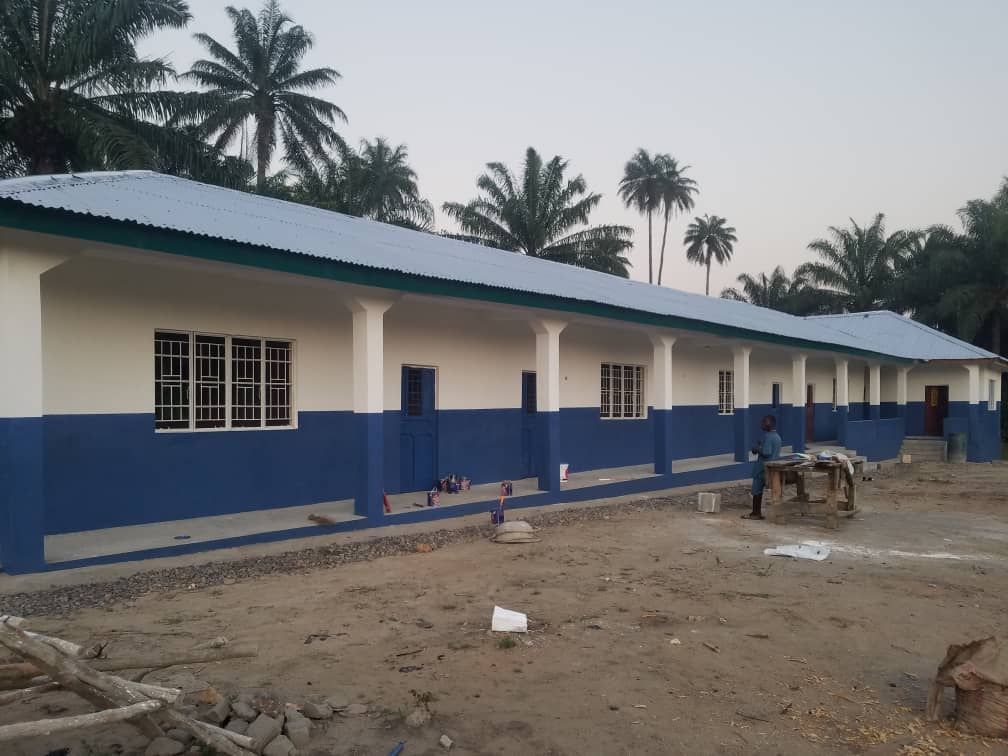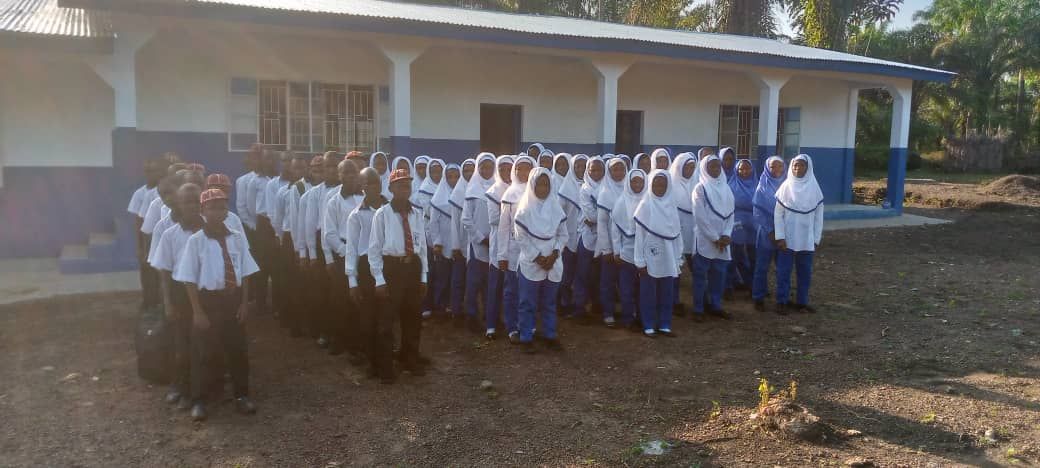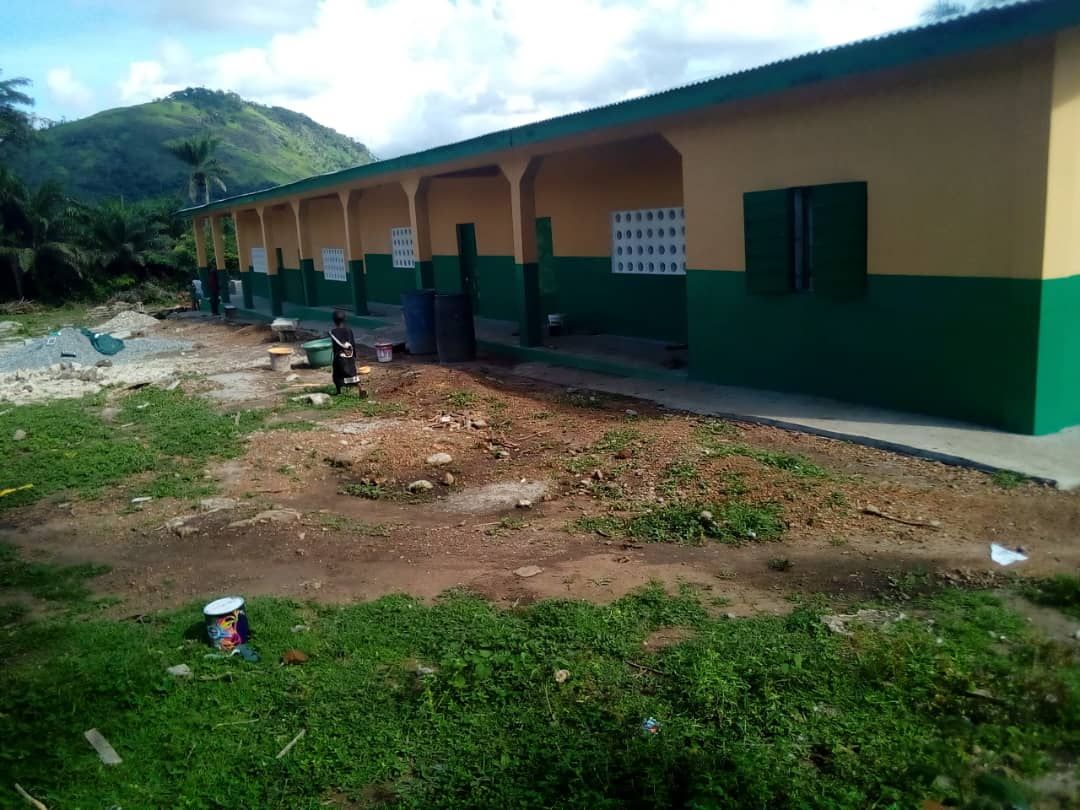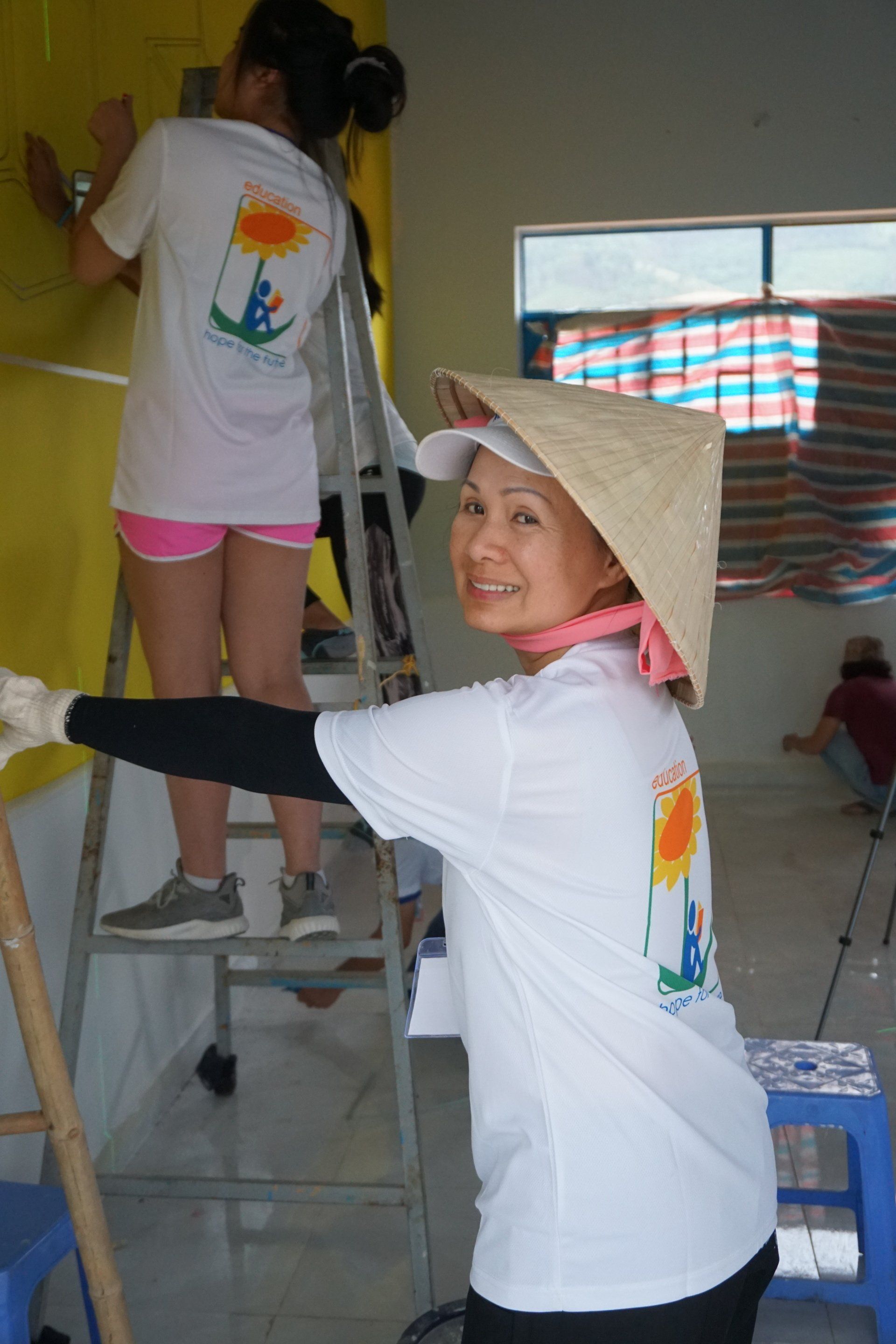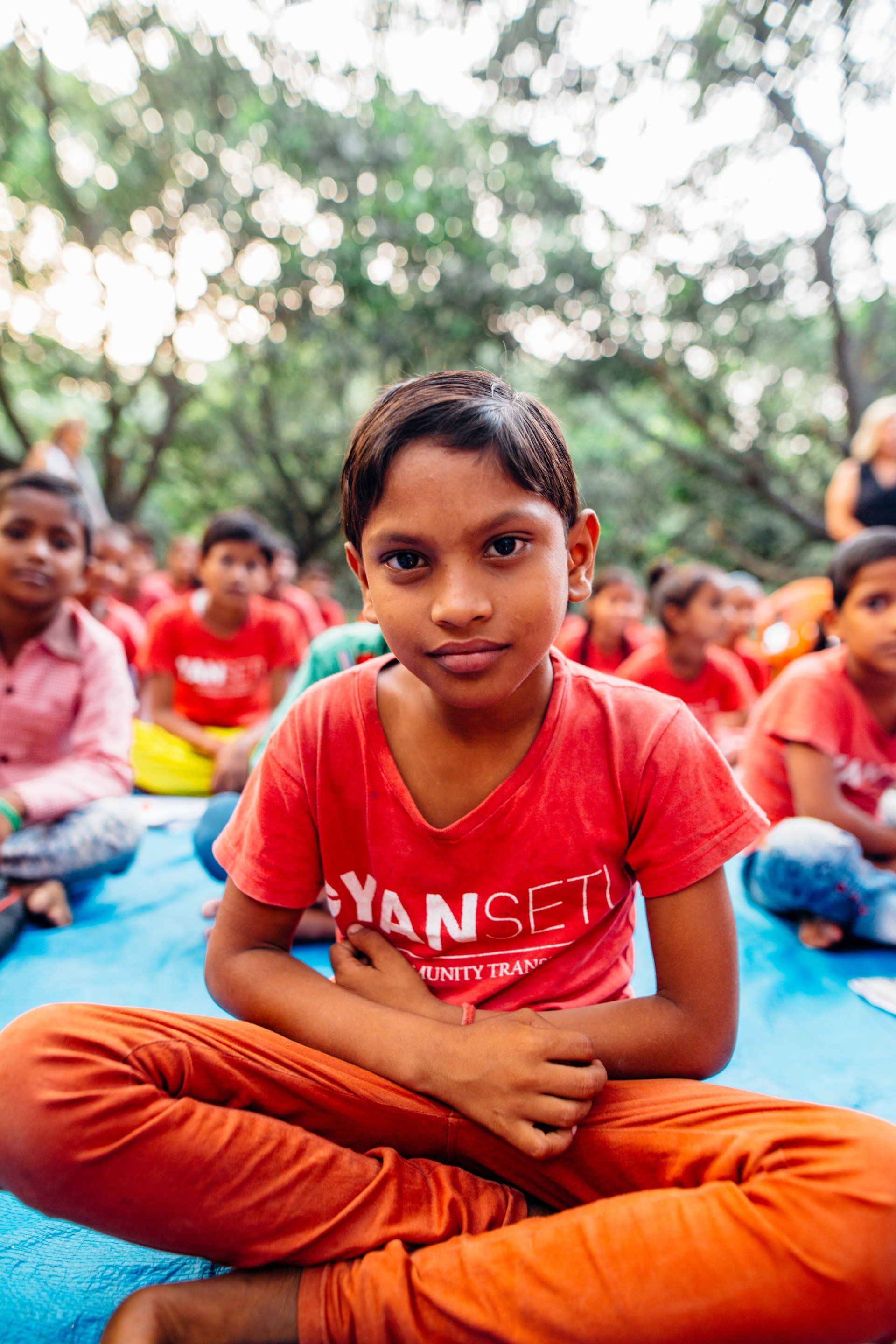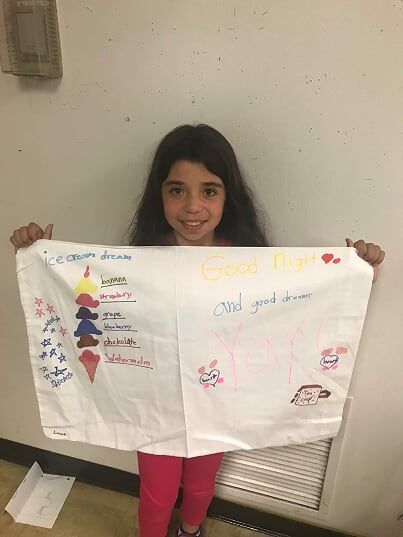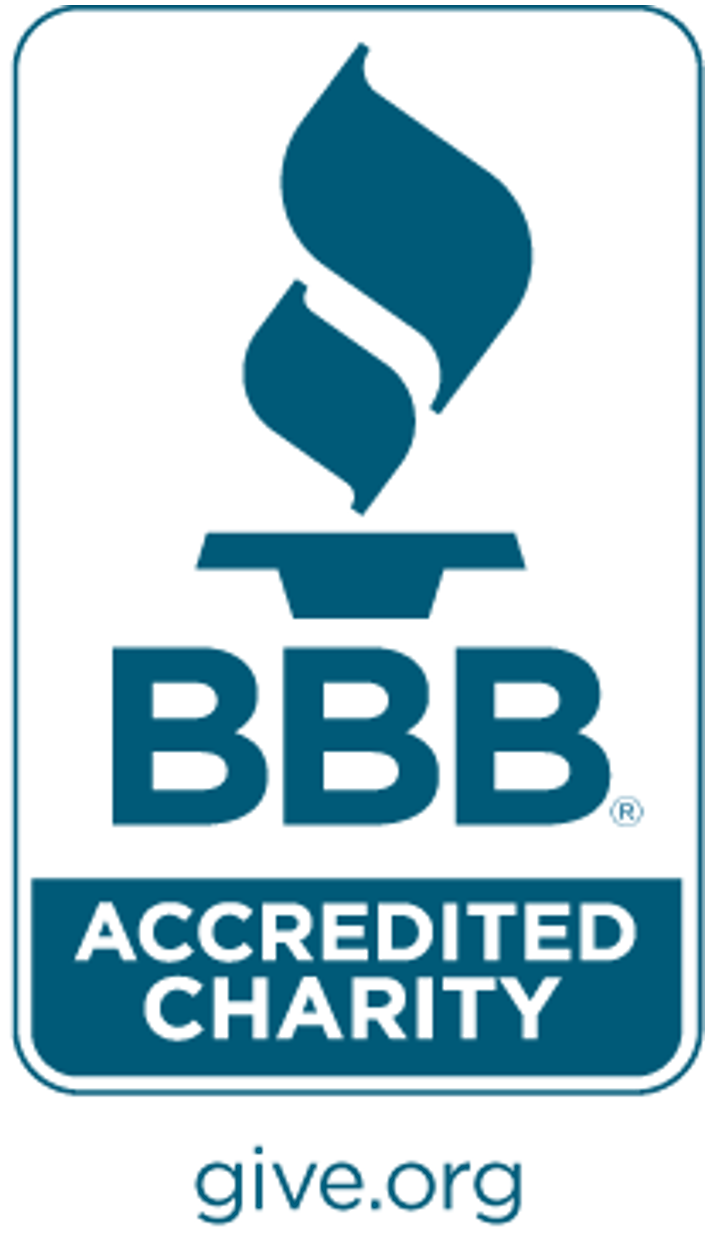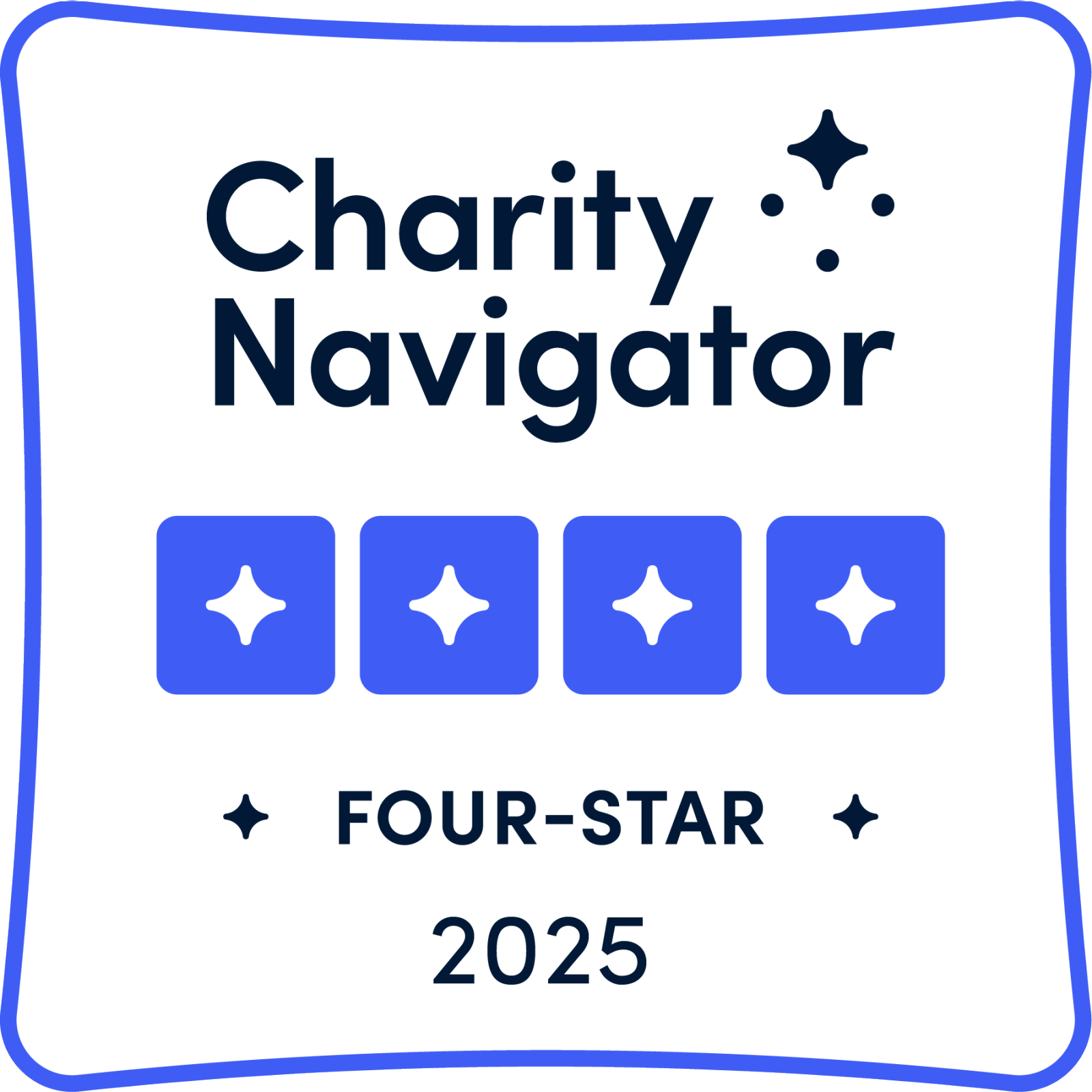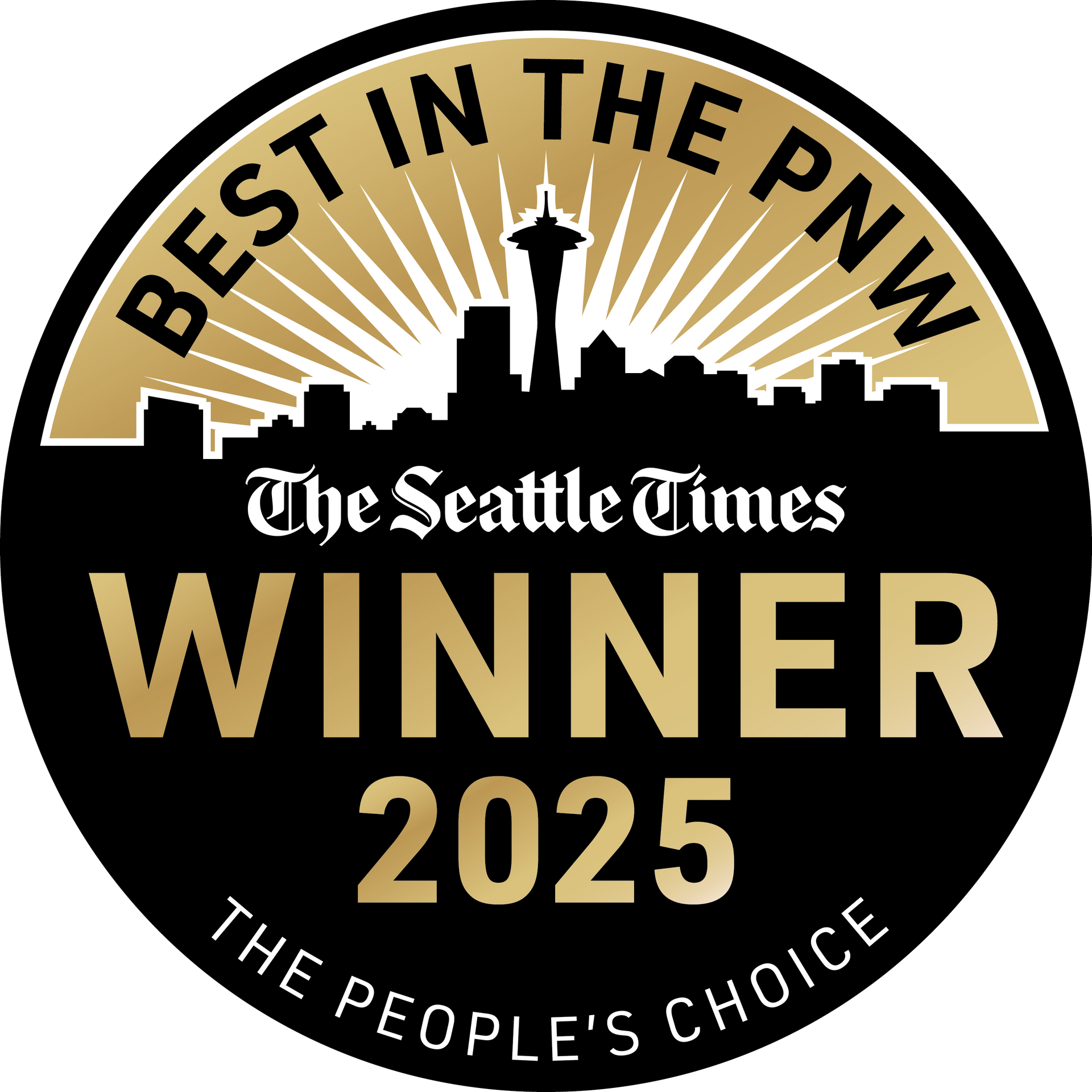Programme for Children,
Sierra Leone
About Programme for Children
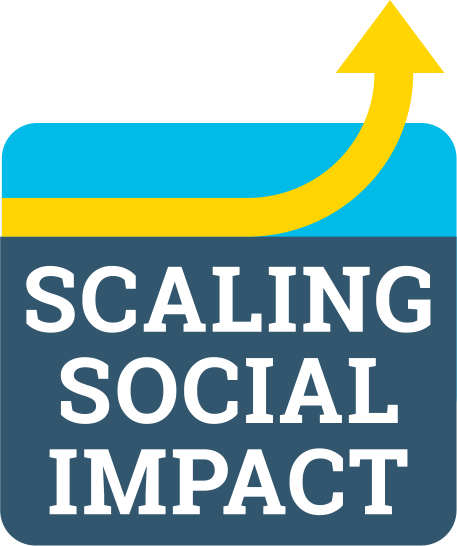
Mona Partner Since 2019
Founded in 1985, and formally registered as a nonprofit in Sierra Leone in 2004, Programme for children (PFC) is an example of participatory community-based development at its best. Supported by Schools for Salone, the Danish Children Fund, and Mona Foundation, it works in collaboration with community members, local and religious leaders, and government agencies to improve access to education for students of all ages in Sierra Leone’s rural villages. To date, PFC has built 89 schools in the country's rural villages, educating thousands of children.
The community provides land and manual labor. PFC secures funding, oversees the construction of schools, libraries, or vocational training centers, and provide educational support including school supplies and health services for girls. The Ministry of Education trains and certifies and pays the teachers to ensure students receive a high-quality education.
Joseph Lamin, the founder and the Executive Director of PFC, raised by a missionary family and educated in London with support from a Danish patron, graduated with a master’s degree in Global Development only to return to Sierra Leone. He has committed himself to providing access to quality education for the children of Sierra Leone.
Since 2019, with funding from Mona Foundation, PFC has built three elementary schools, one junior secondary school, one senior secondary school, a community library, and a Vocational Training Center.
The Challenge
The unique, essential and differentiating context for the projects Mona Foundation support in Sierra Leone (SL), is the history of this country - Bunce Island as a slave trading point, Freetown as the British settlement for the freed slaves following the American Revolution, blood diamonds and the exploitation of their natural resources by many countries even to this date, a brutal civil war lasting 11 years that left thousands mutilated, Ebola outbreak that took thousands of lives, and finally the establishment of their democratically elected government. SL is now a secular nation with the constitution providing for the separation of religion and state and freedom of conscience. Muslims make up about three-quarters of the population, though with an influential Christian minority, and one of the only countries in Africa where religious tolerance is a part of their cultural norms and identity.
Against this background, the government has committed 24% of its GDP to education, and its First Lady is leading a campaign advocating for women’s rights. Wherever we went we saw the huge billboards – Marriage My Choice. Education My Right; United Against Rape; Hands off our Girls; Free Sanitary Pads, etc. All while 56% of the population earn less than $1/day.
Learn more about Sierra Leone
Sierra Leone is the only country in the world which is dedicating 24% of its GDP to education, and is the only country where His Excellency Dr Julius Maada Bio, President of the Republic of Sierra Leone has declared that, “…that empowering women and girls is not optional; it is a condition for achieving inclusive and sustainable development in our countries." Access to technology is among the “Big 5 Game Changers” priority areas of Intervention to improve the quality of life of their people, read more here.
The Solution: Programme for Children Programs
Access to Education
Programme for Children works with villages to address their local needs for access to education. The village people secure and clear the land for their school and PFC constructs the school building with a water well, latrines, and a hand-washing station.
It also provides the furniture, books, materials, and supplies needed to get the school up and running.
Teacher Training
Teacher training and certification is an integral part of supporting education in Sierra Leone. Programme for Children, in collaboration with Schools for Salone, works to support all teachers at the schools it builds to complete the government's certification program. This ensures teachers have the skills and training needed to be effective. The program takes place during school breaks over three years. Once certified, teachers are eligible for government payroll.
How we help
Mona Foundation began working with Programme for Children in 2019. To date, we have funded the building of two elementary schools, two middle schools, a high school, a library serving 7 surrounding villages and a large addition to the Muloma Vocational Technical Training Complex. Mona also provides for the furnishings, books, learning materials, and supplies, and supports teacher training and certification.
2024 Achievements
- 588 students educated during the first full year of operation at the junior secondary school in Kpatobu and senior secondary school in Tihun
- 1,711 students educated at 7 Mona funded schools and 1 vocational training center
- 6 teachers trained
2025 Plans - $101,328
- Continue to sponsor the teacher certification of
6
teachers at the Kpatobu and Tihun Schools
- Construct a primary school building in Kpeyama to enhance access to quality education in the community and serve 250 students in the first year with potential for growth
- The Kpeyama School will consist of:
- 4 classrooms designed to accommodate a significant number of students, an office space for administrative use, and a secure storage room for educational materials and supplies
- A well to provide safe and reliable access to clean water
- A septic system, ensuring a clean and healthy learning environment for students and staff
